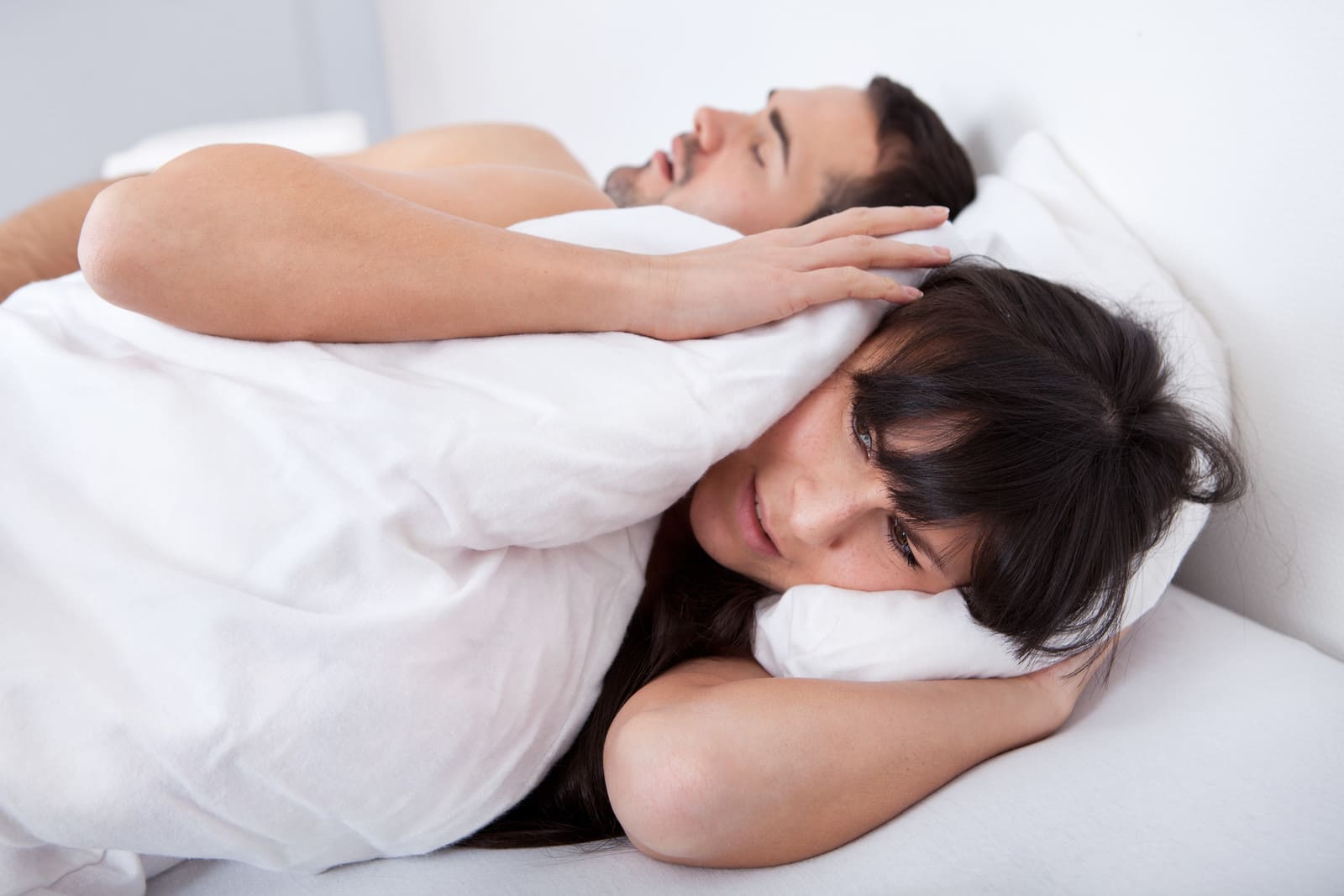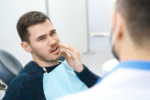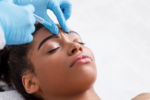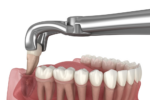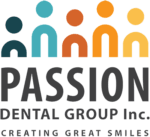Loud snoring may be an expression of sleep apnea, a common but serious condition that affects breathing, particularly when it is followed by daytime sleepiness or exhaustion. What can you do?
You can get help from a professional expert or snoring & sleep apnea devices in downtown Calgary. Here’s what you need to know first:
What is Sleep Apnea?
Breathing pauses during sleep are a common symptom of the sleep disorder sleep apnea. The duration of these breathing pauses, which can range from five to one hundred per hour, is typically twenty seconds.
Sleep apnea causes you to wake up suddenly as a result of a lack of oxygen, but mostly you don’t remember it. You get more light sleep and not much deep sleep—restorative sleep that is necessary for mental clarity, vigour, and productivity the next day as a result of these disruptions to your natural sleep cycle.
The effects of sleep apnea can be fatal in some cases. Various health problems may also be the result. It is imperative that you take this thoughtfully. If you or your bedmate think you might have sleep apnea, call your dentist right away.
What are the Causes of Sleep Apnea?
It may be difficult to diagnose sleep apnea on your own because the condition’s most obvious symptoms only occur while you’re asleep.
Yet, you can get around this by having your bedmate watch you sleep or by taking a recording of yourself while you sleep. Most common sleep apnea indicators have pauses in snoring that are observed by gasping or choking.
What are the Symptoms of Sleep Apnea?
- Feeling exhausted when waking up.
- Daytime sleepiness.
- Mood changes.
- Snoring.
- Waking up in the middle of the night.
- Pausing in breathing.
- Headaches.
How is Sleep Apnea Diagnosed?
A dentist near you would typically ask you questions about your symptoms and medical history to diagnose sleep apnea. They’ll probably want you to get tested for sleep apnea if they think you have it based on your symptoms and responses.
The most typical sleep apnea tests are as follows:
Polysomnogram, an Overnight Sleep Test
In this overnight test, you’ll spend the night in a hospital setting (often referred to as a “sleep lab”) that has been particularly designed to be as pleasant as possible while still keeping an eye on your sleep. Sensors used in this exam keep an eye on your respiration, heart rate, blood oxygen levels, brain waves, and more. This test is regarded as the gold standard among professionals for identifying sleep apnea.
Testing for the Need for Snoring & Sleep Apnea Devices Near You
This kind of examination enables someone to carry out a sleep study at home. It is similar to an overnight sleep analysis, however, it excludes the help of a brain wave machine. When doctors suspect severe sleep apnea or if you have other sleep disorders or medical illnesses, they usually won’t suggest this method because it can’t identify central sleep apnea. Experts often advise doing an overnight sleep study to confirm results from a home study that don’t indicate sleep apnea.
How to Cure Sleep Apnea?
Depending on the precise form of sleep apnea and how severe it is, there are many treatment options. All of these, while not cures, can aid in preventing apnea episodes or lessening their frequency or severity. You should incorporate many treatments into your daytime (or overnight) routine. As long as you get this treatment, it can ultimately lessen or perhaps totally eradicate the negative consequences sleep apnea has on your life.
Treatment options contain:
- Conventional therapies.
- Positive airway pressure and adjustable ventilation equipment.
- Oral devices like mouthpieces and nerve stimulants.
- Surgery.
- Medication.
Visit Terra Dental Care
Chronic sleep deprivation brought on by sleep apnea can make you drowsy during the day, fatigued, forgetful, and more likely to have accidents and make mistakes while going about your everyday activities.
Also, sleep apnea involves the mind. It can pass on moodiness, anxiety, and sadness. Plus, it increases your risk of developing other severe medical conditions like high blood pressure, diabetes, atrial fibrillation, and stroke. Hence, it is wise for you to reach out to our dentist in downtown Calgary and get on with the treatment.



